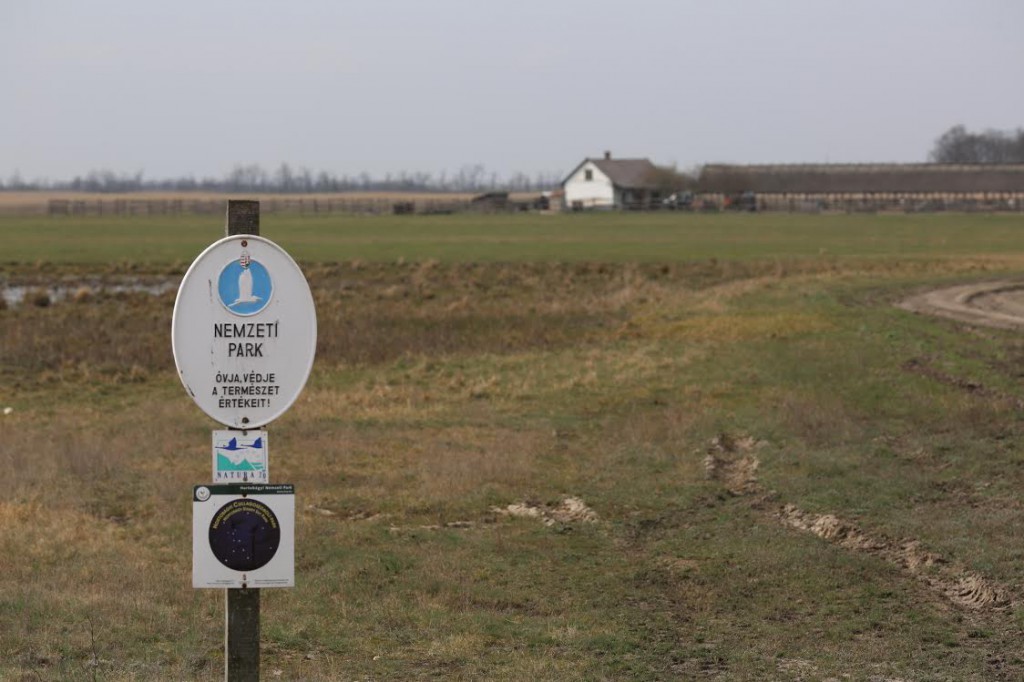The https://english.atlatszo.hu use cookies to track and profile customers such as action tags and pixel tracking on our website to assist our marketing. On our website we use technical, analytical, marketing and preference cookies. These are necessary for our site to work properly and to give us inforamation about how our site is used. See Cookies Policy
Farmers lose their livelihood to political nepotism
Several experienced Hungarian farmers were unable to lead their livestock to fresh grazing land at the start of this year, as their access to land was drastically and surprisingly cut. Hundreds of hectares were redistributed and a huge chunk of the lands passed to members of the government’s extended political network, even if their farming credentials included nothing more than owning a single goat.
One of the earliest major changes initiated by the Orban government was the reallocation of farmland leases, a highly questionable practice that Atlatszo.hu has explored several times in the past.

Shortly after coming to power in 2010, the new government decided that the system regulating the large areas of state-owned land leased to farmers needed to be revised. On the one hand, they wanted to create more efficient estates, on the other hand, they wanted to revise the land allocation processes and give preference to local domestic farmers, especially those which farmed for their own livelihood. As the results of the changes led to one scandal after another, the more obvious interpretation was that the government was effectively giving handouts to its supporters while crushing those who did not have the right political loyalties.
A detailed review into the records of how the process was conducted in the Hortobagy national park shows that two families stood out in terms of the size of their gains.
The Kobza family profited extensively, not only through being awarded land but also in receiving a number of grants and jobs. One Kobza company was granted HUF 103 million (€324,000) over the past four years, even though previously the firm only had revenues totalling about HUF 10 million. Miklos Kobza also has a well-paid job advising Agriculture Minister Sandor Fazekas.
Another member of the Kobza family, Csilla, got a job in 2012 at the Prime Minister’s Office and has since risen through the ranks to head up an entire department.
While the Kobza family managed a farming area of 65-70 hectares in 2010, this increased quite dramatically to 200 hectares as a result of the land redistribution. Their success came at the expense of a family who had raised livestock in the region for thirty years and had a stock of 200 animals. They had to dramatically downsize their operations having lost access to grazing fields. The Vancsodi Rakoczi farmers’ association was also among those to lose out. The association, which represented the interests and provided employment to 20 people, lost 154 hectares of land.
Another big winner has been the Kun family. Without holding any formal position, locals consider Peter Kun the main decision maker when it comes to the question of land allocation, thanks to his personal close ties to Minister Fazekas. Even his family members were given formal roles in deciding on the allocation of farmland, and eventually Kun’s wife also became involved.
In the meantime, the situation for the farmers who had lost their land became even more troubling – the animals were hungry and the farmer’s did not know where to turn. There are lawsuits in process, but the supervisor of the national park refused to provide progress reports when approached by Atlatszo.hu. We also failed to learn anything about the consequences of a KEHI decision, which is the bureau overseeing state acquisitions, that 14 of the already approved contracts should be nullified.
The story is far from over and it is more likely that there will be escalation of the problems. The Budapest prosecutor’s office recently filed criminal charges for fraud against 84 individuals for illicitly claiming land-based subsidies.

